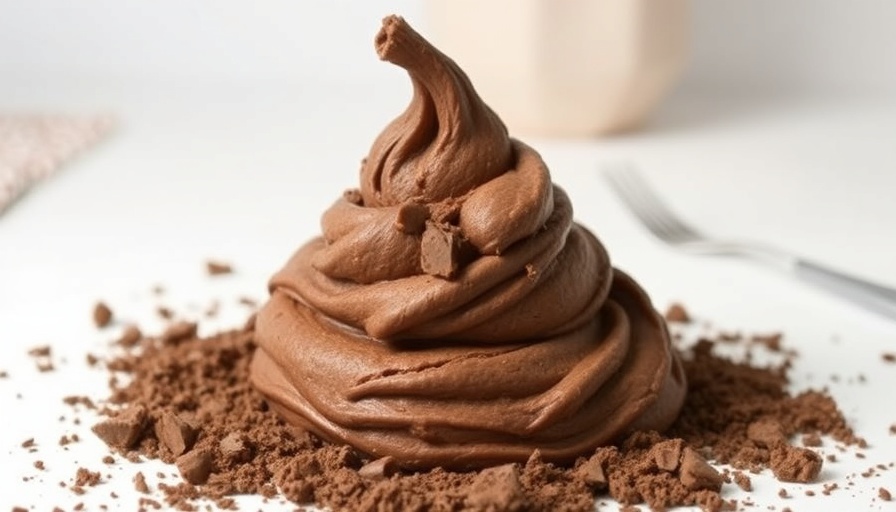
Introduction to the Poop Rule
If you think decluttering is all about joy and lightness, think again. The poop rule, introduced by lifestyle influencer Amanda Johnson, challenges the norms of minimalism set by tidying expert Marie Kondo. Johnson’s approach may sound repulsive at first, but it's catching on quickly, especially among younger audiences on TikTok.
What is the Poop Rule?
The poop rule is straightforward yet thought-provoking: "If this item were covered in poop, would I keep it?" This imaginative twist helps individuals reflect on the true value of their possessions and confront emotional attachments that often inhibit decluttering efforts. Johnson suggests that visual prompts such as this can clarify priorities and make tidying more accessible for those easily overwhelmed by clutter.
Visualize Your Clutter
According to Johnson, this approach is particularly beneficial for people who are highly visual or seek extra motivation to declutter. By shifting the mindset to consider how one would respond to dirty items, it strips away attachment and reveals reality: if an item is not worth keeping even in an absurd hypothetical situation, it might be time to let it go.
An Effective Tool for a Sweeping Clean
There are no limits to what can be decluttered— from clothes and books to old board games collecting dust. Individuals who adopt the poop rule typically find themselves more willing to part with excess items that do not hold significant value. Whether it’s clothing alternatives or the countless cables hidden in drawers, the guideline can lead to a refreshing, clutter-free home.
Emotional Attachments and Clutter
Emotional ties often complicate our decisions regarding possessions. A sentiment-heavy item, like an old chair passed down from family, might stay even if it's broken. Yet, Johnson’s rule encourages people to challenge these attachments. It pushes for a thoughtful consideration about why we hold onto items, prompting a mindset shift about the materials we collect and cherish.
Creating a Game Out of Decluttering
Fun in tidying up? It may seem unlikely, but the poop rule transforms decluttering into a pointed game. Making cleaning a challenge can provide a sense of accomplishment, and while it may make people initially grimace, it adds levity to a task often viewed as tedious.
Adapting the Rule for You
Not everyone will relate to the poop analogy. For some, imagining items as sticky or muddy could be more motivating. Adapt the concept to fit your life; visualizing clutter in a different, unappealing way can help you decide what truly deserves a place in your home. Using disgust as a guiding tool can lead to refreshing spring cleaning vibes throughout the year.
The Bigger Picture: Consumer Culture and Clutter
The poop rule is situated within a larger dialogue surrounding consumerism and materialism. As society grapples with overconsumption and its environmental impacts, decluttering has become not just a personal journey but a societal need. Reflecting on what we own in a more critical light can be liberating, enabling more sustainable living practices amidst a culture heavy on consumption.
More Than Just a New Trend
While some may dismiss the concept as silly, it's notable that this new decluttering methodology resonates with many. The whimsy of the poop rule could lead to deeper conversations about sustainability and material culture in our fast-paced modern lives. Yes, it’s unconventional, but it serves a purpose: to generate motivation for those who struggle with cleaning.
Conclusion: Decluttering for a Healthier Mind
In every piece of clutter lies an opportunity for mental clarity and emotional healing. If the poop rule can encourage us to live a more intentional life, then perhaps it’s worth a try. As we take stock of our belongings, let’s challenge ourselves to let go of what no longer serves us. Ready to declutter? Challenge yourself today with the poop rule!
 Add Element
Add Element  Add Row
Add Row 



 Add Row
Add Row  Add
Add 


Write A Comment